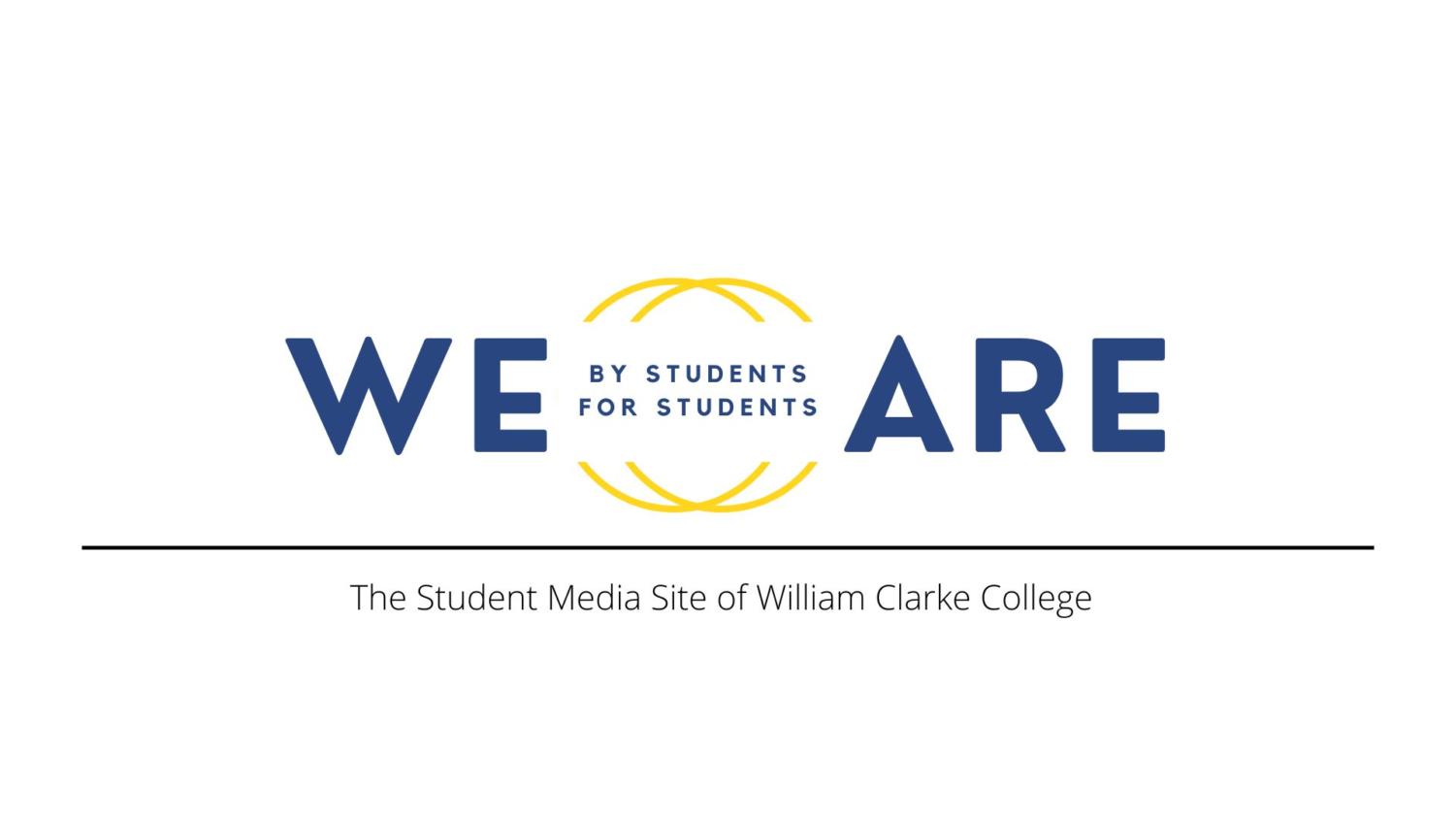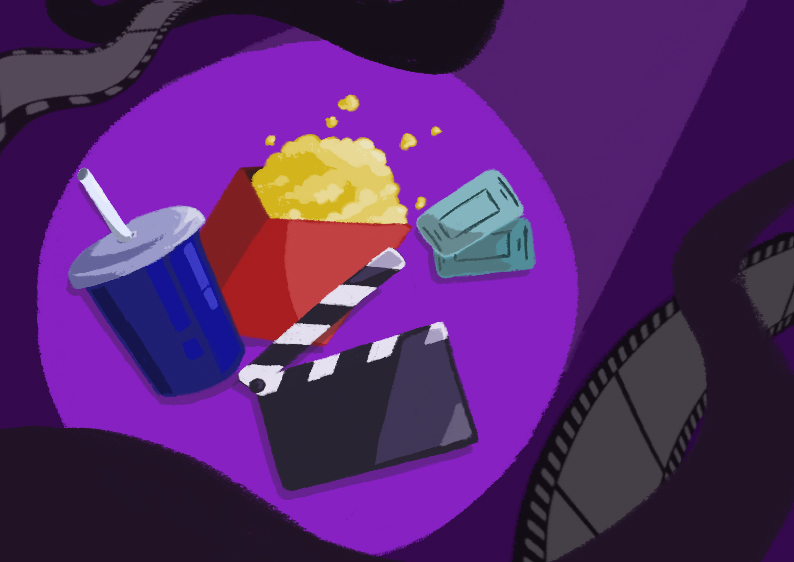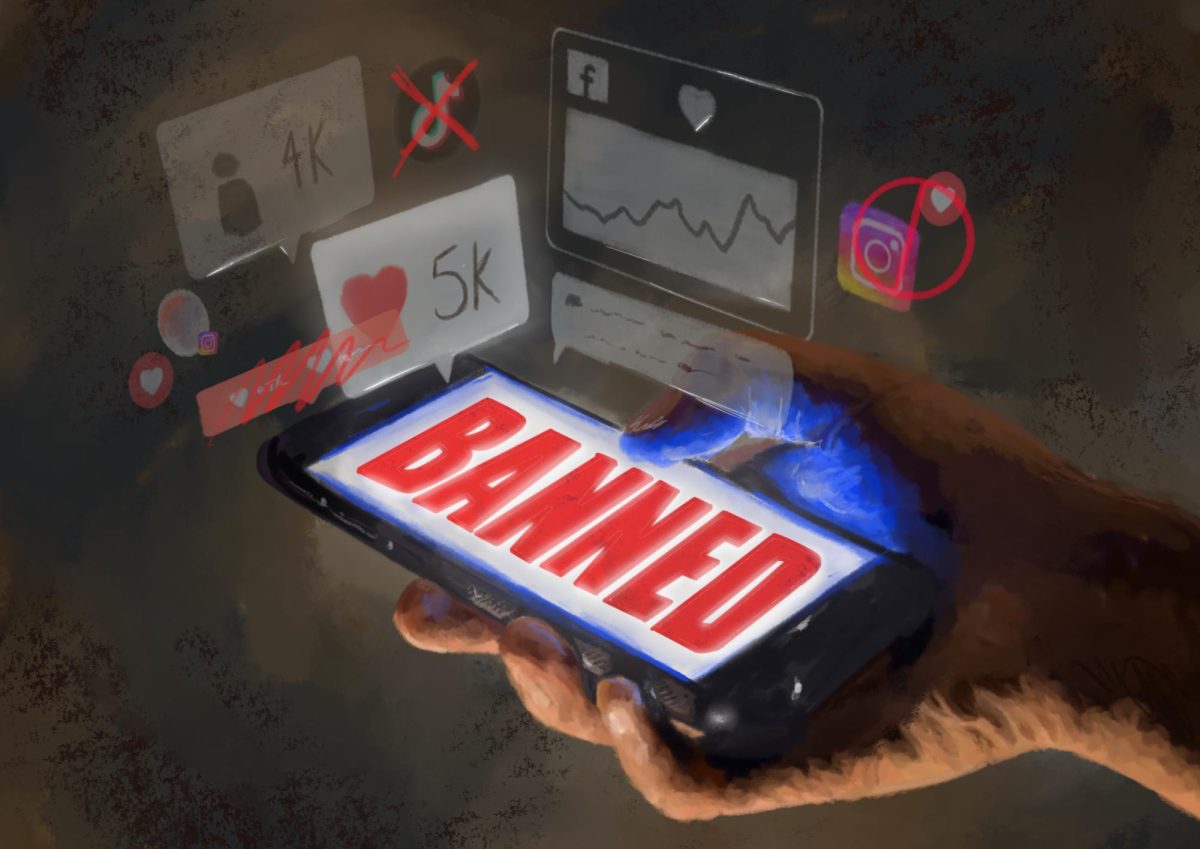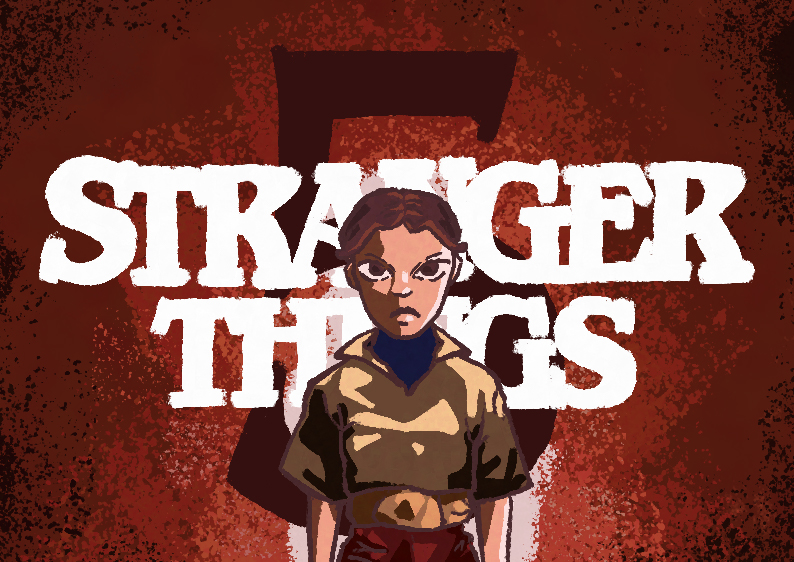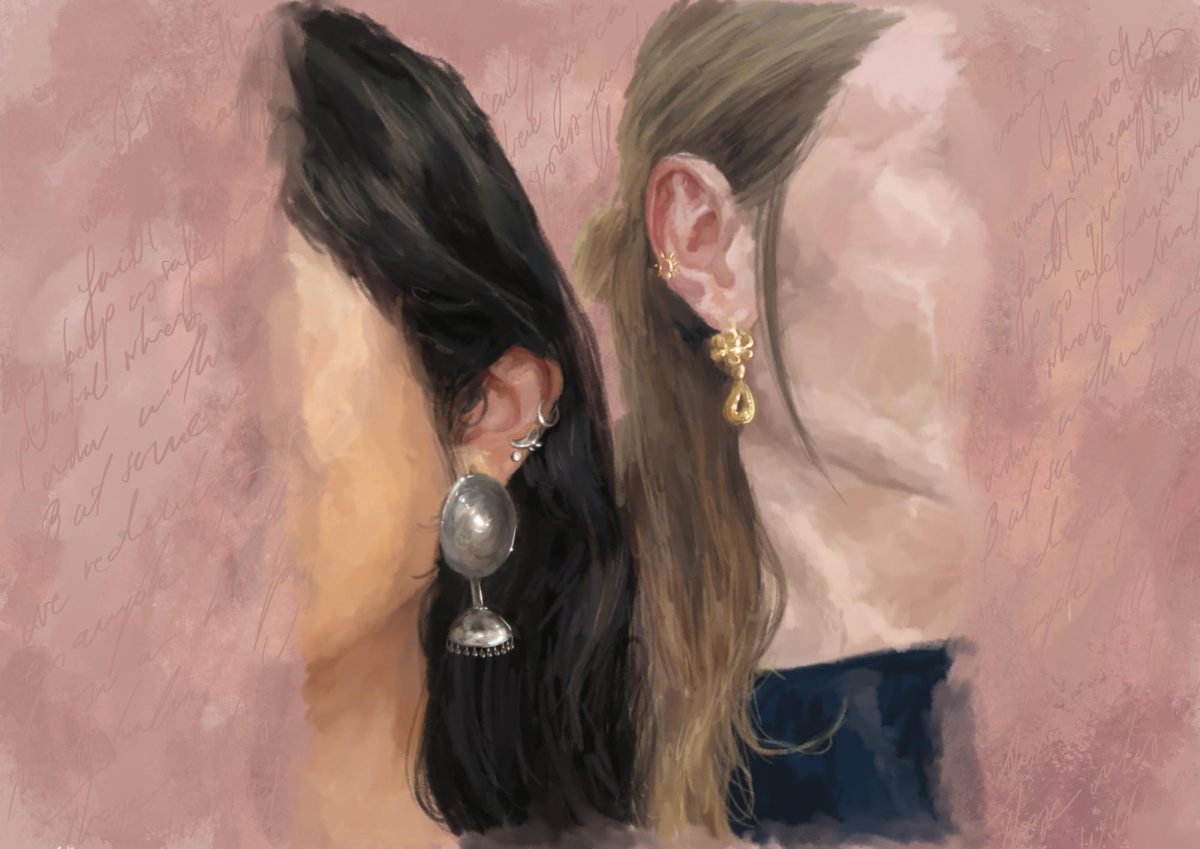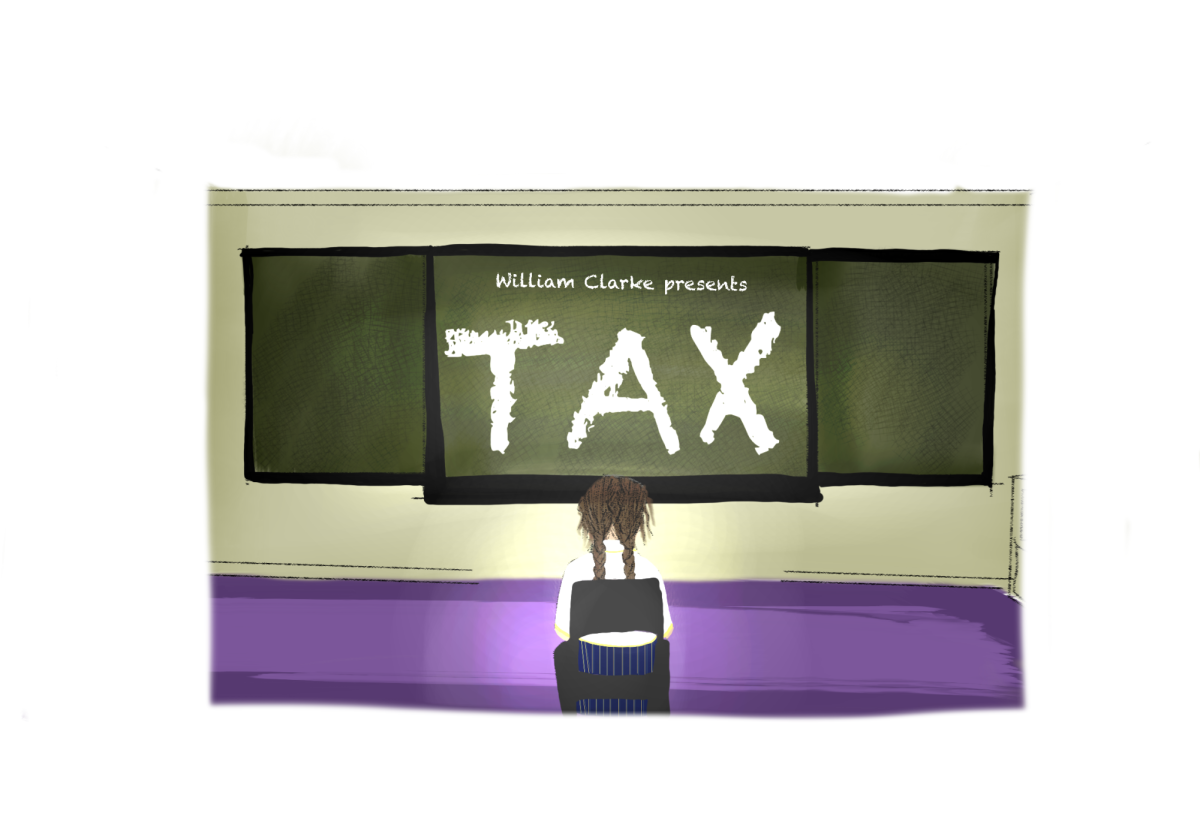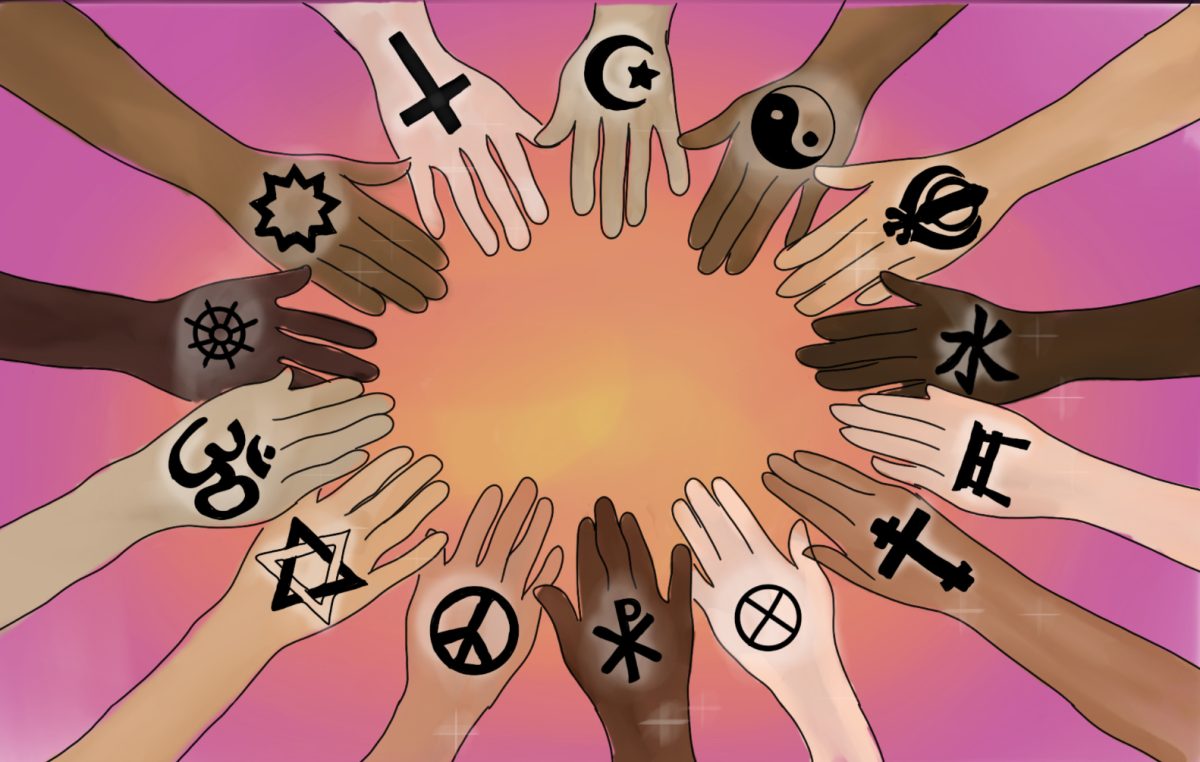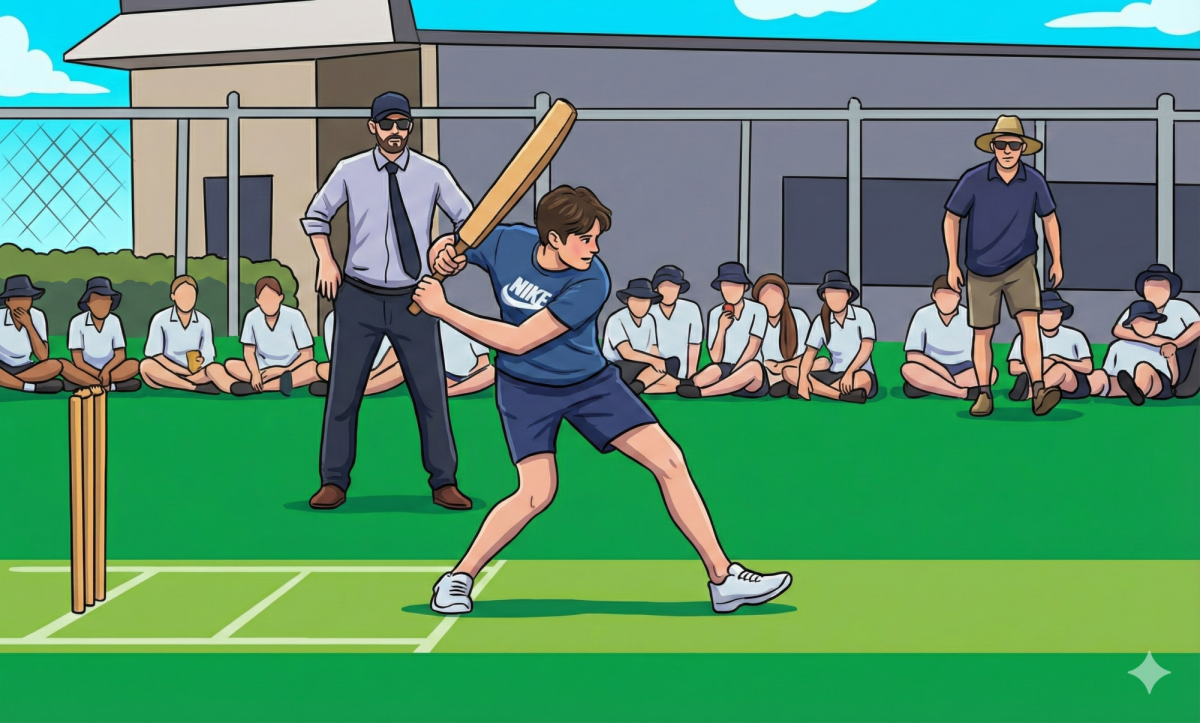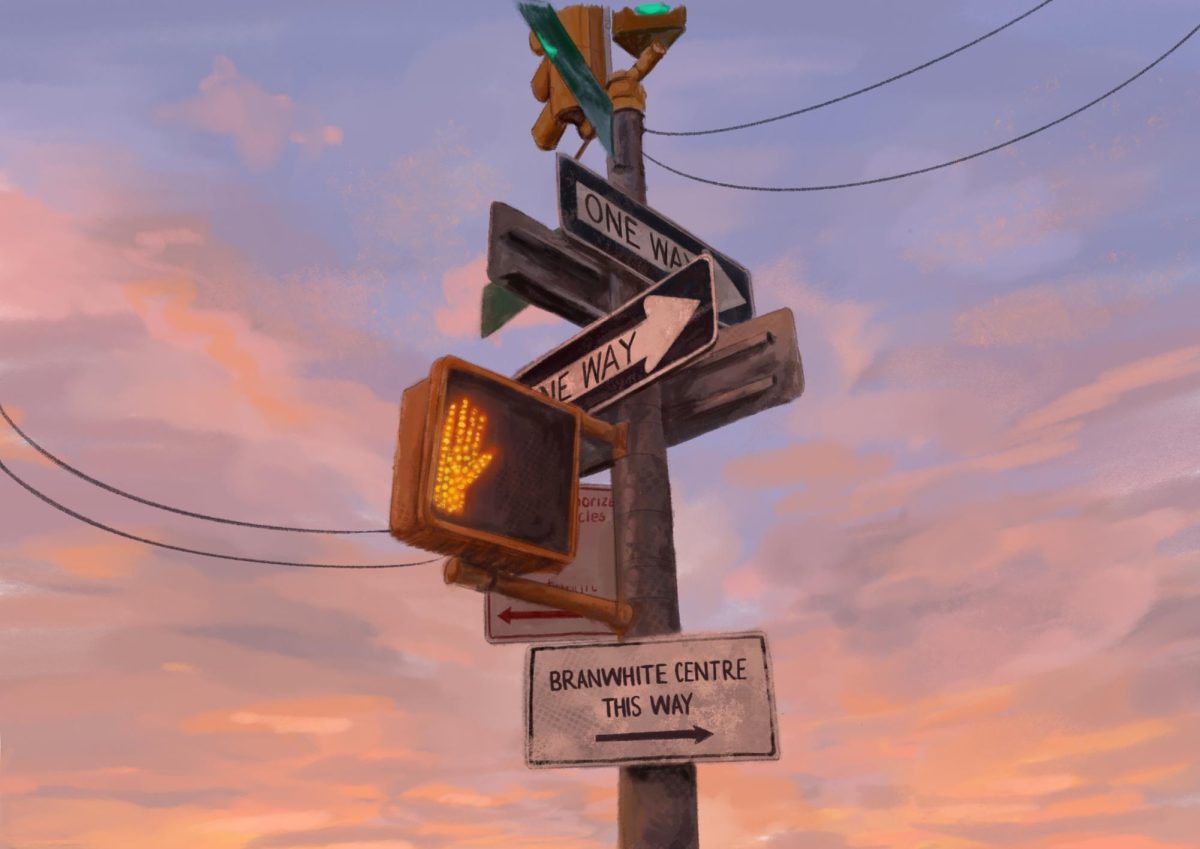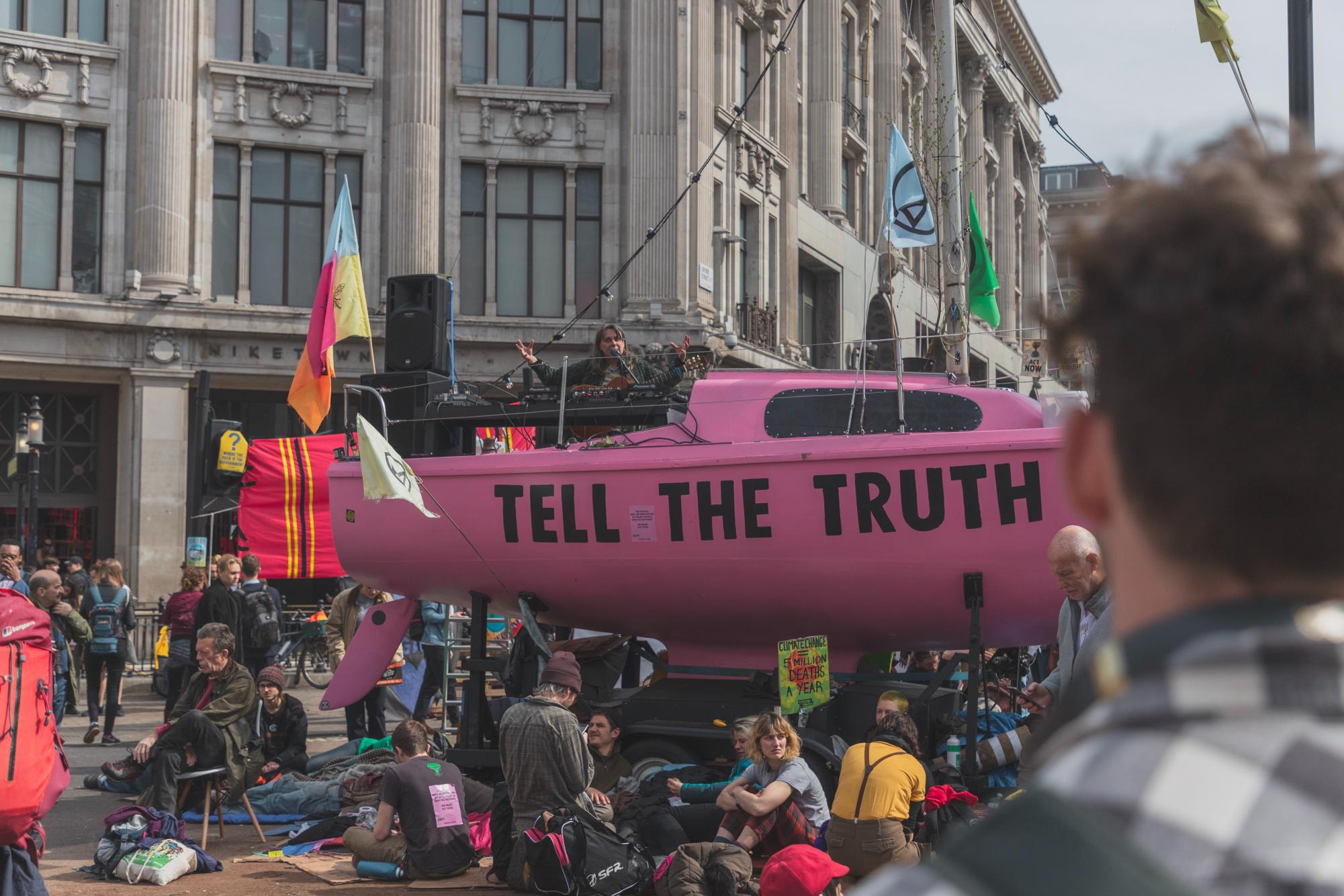
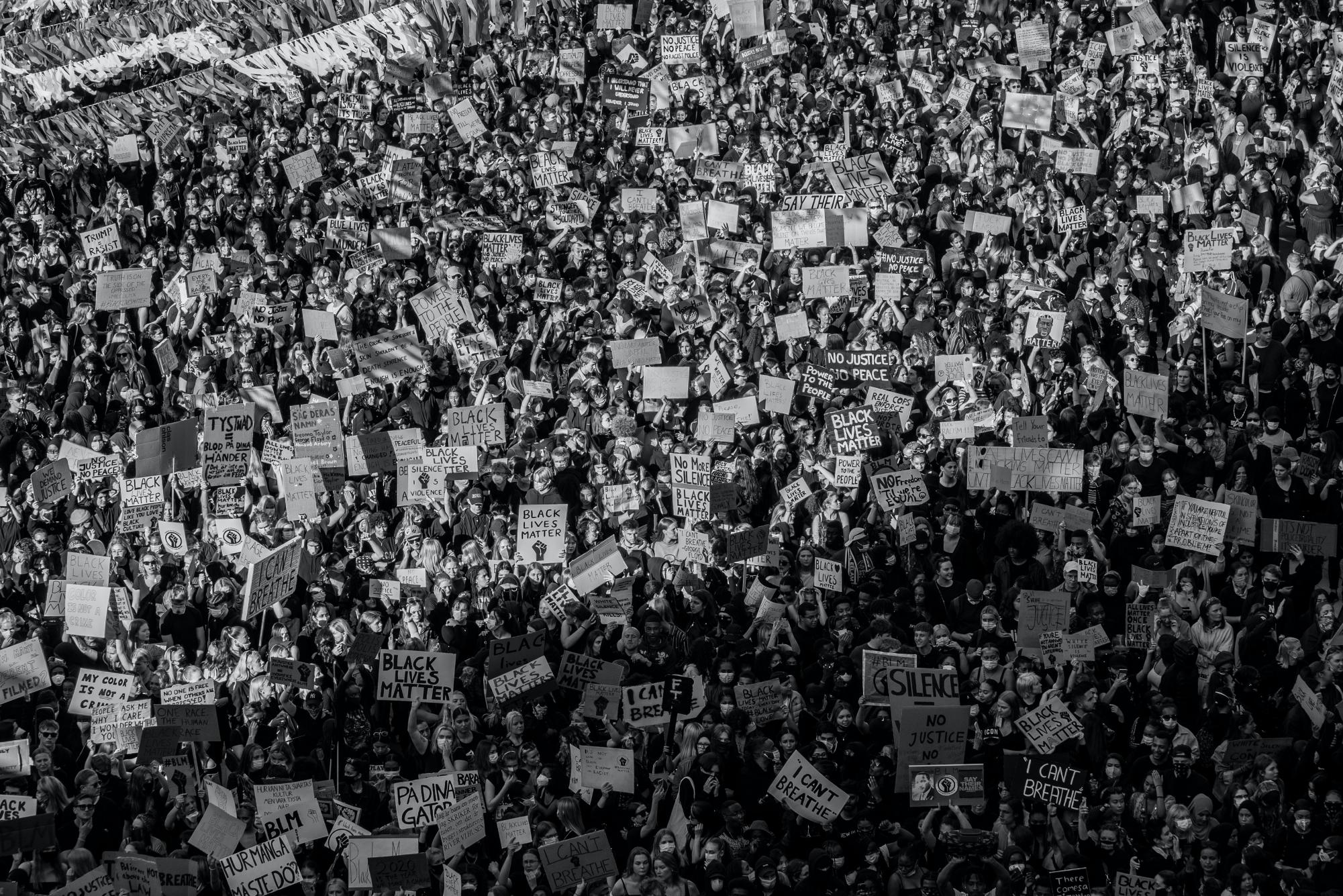
Disclaimer: This article is opinionated!
Is there an objective truth? This time-honoured question has racked the brains of many philosophers and to this day has no agreed-upon answer. What I think many can agree upon, however, is that if there is an objective truth, you won’t find it in the modern news.
Misinformation, disinformation, and a serious case of confirmation bias has plagued the Western world in recent years, and it is having some serious, harmful effects. Social media is one culprit, another is certified news agencies and a third is the ignorance of most humans. Yep. believe it or not, most people actively choose to be dumb.
Let’s start with social media as it’s the easiest example of the creation of a confirmation bias. On most, if not all social media outlets, there are algorithms that tailor the content that people consume to their personal preferences based on previous encounters and activities on those apps.
For recreational purposes these algorithms are amazing, they allow for ease of access to similar content to the stuff that viewers want, and they create a bubble of enjoyment for users. But when it comes to news, politics, and any scientific, religious, or fact-based ideas this bubble becomes harmful, and many consumers can get stuck in it. By viewing one or two pieces of news content the algorithm will recommend more and more of that similar content slowly feeding you more similar content. At some point, it is likely that people considering that media will fall down that rabbit hole seeing more and more content that affirms their initial opinions.
Due to the nature of the algorithm, viewers’ perspectives and opinions are confirmed, and counterarguments are rarely shown, and when they are, they show those counterarguments in a negative light. This creates a confirmation bias in the viewer where their opinions seem to be confirmed by the news around them. This leads to a very dangerous line of thinking where people start to believe that they must be correct because all the news aligns with them. This becomes an issue when people with opposite opinions and news feeds actually cross paths, both believing that they must be right.
Clearly, in these cases, the debate is fierce and usually turns to aggression, and with the internet allowing these people of opposite opinions to meet, and argue, with ease these extremely negative and aggressive debates have become somewhat commonplace. The worst part of this is when both parties debating have been misled and are using false information in their argument.
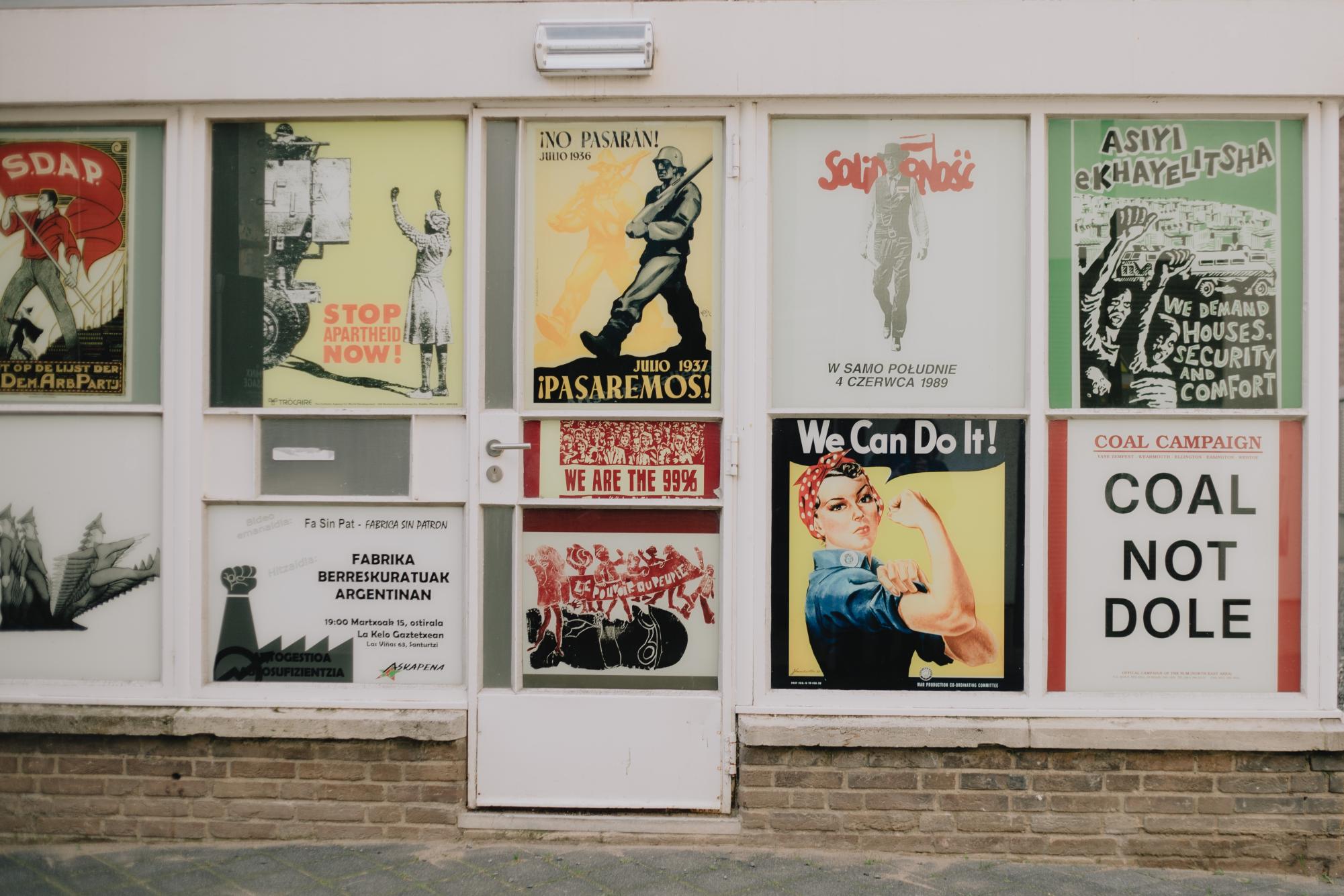
This leads us to an underlying issue, the news. ‘The Media’ and official news outlets are all becoming skewed with bias. In recent times, news organisations have turned from their general strategy of telling well-rounded news stories to appeal to all and have turned more towards a targeted audience. An example of this is Sky and Fox News in the USA having a clear Republican party political bias and MSNBC and CNN having a clear Democrat bias’. If the average person was to watch one channel as opposed to the other, the information they get on something as basic as who won a national election would be different due to that political bias. America is a clear and somewhat extreme example, but biased reporting is happening globally and people around the world who use news organisations as their source of information without doing serious fact-checking are being misled by this bias. That’s not even mentioning the countries where the governments censor and control the news.
But why is this happening now?
Firstly, in past times news had to be general. It wasn’t targeted at any particular group or political preference. It had the goal to tell the truth and tell that truth the best. News agencies and the papers were deemed as good or better than others based on the accuracy of their reporting and the skill of their editing. This meant that all the big and successful news agencies had the goal to tell the most accurate and well-written stories. This is different now as information is much easier to access, and the news is no longer people’s only source of information and a much larger, global, audience and market segmentation has been born. Different news agencies stopped competing against each other, and the news market broke up into different groups. There are news organisations targeting all types of people but there seems to be little to no actual neutral news. In essence, the need for news became so big and there were so many news organisations that the whole industry split into divisions, no longer with the focus being telling the most well-edited and factually accurate stories but rather on being the most appealing and entertaining to their target audience.
Entertainment is another issue. News agencies, especially television news seem to be focused much more on creating ‘content’ than telling the news. They curate the most entertaining stories but not necessarily the ones that are necessary for the audience to hear. Important stories and updates are sidelined in preference of entertaining content. If you look at most newspapers or websites, you will see large amounts of articles about celebrity behaviours and articles that are seemingly the equivalent of gossip. Those are entertaining and what people want to see, but they come in preference over important health warnings (back in severe COVID times) and accurate updates on war and conflict in the world. It seems like the news is focused on views and popularity rather than accurately telling the truth. But is that unreasonable? After all, news organisations are businesses, they want money and if we, as their customers, are asking for gossip and biased news then can we really expect them not to oblige in favour of the less popular, real, and accurate reporting?
So, are we the problem?
Is it not the news, or social media, but instead humanity’s wilful ignorance and desire for entertainment and for what they see to align with what they believe that is driving this loss of the truth? Most people seem so obsessed with being right and seeing what they want to see that they actively encourage and accept the confirmation bias that the media is pushing for them. We Are becoming more and more polarised every day, and as easy as it is to blame organisations or algorithms, we can’t. There’s only one reason these organisations and algorithms do what they do, to appeal to us, to make money or get views, or to increase customer perception. And we, as the customers clearly must be seen as a group that wants biased reporting and to hear what we want to hear because if we didn’t, these issues wouldn’t exist.
In reality, we all need to change.
We need to push for the truth, the accurate truth and fact-check what we hear. I know it can be a pain, but to read something and see it as truth without double checking. It’s even more dangerous when you share that misinformation with whatever following you have, big or small, online or in person. This is how misinformation spreads, not necessarily due to the news, but due to us, the everyday people who see something on Instagram and post it on our stories or send it to our friends believing it’s true without checking. To be very clear, I am not promoting mass paranoia or the belief that everything you see and hear is a lie, not at all. But if the things that you’re reading are political or important to life and how you act, then please have the courtesy of checking with another source and doing a bit more research. Also, if someone comes to you, online or in person, and has a different or opposite opinion, hear them out! They might be completely wrong but at the very least you will strengthen your opinion and at the most, you might find that what you thought you knew is false.
I think the recent (as of writing) conflict in the Middle East displays the disturbing nature of the degradation of truth best. As soon as the conflict began, almost all reporting on the still ongoing war in Russia and Ukraine ceased. Suddenly that conflict became less popular, despite the fact it is still extremely serious. Disinformation has also run rampant in this recent international conflict. There is a video of bombs exploding in Gaza that is completely AI-generated. This is just a small example of a potentially very dangerous spreading of misinformation. The much more dangerous issue is the polarising idea of taking sides. In a conflict that is distant both in spirit and physical distance, there is an increased push in social media to choose a side in this conflict. Comments on something as random as a football team’s post on a recent game are flooded with “I support x” or “I stand with y.” Choosing a side in a conflict isn’t inherently wrong if you are well-researched and informed on the topic, but to be uninformed and take a side can be dangerous, especially if that comes with sharing misinformation. This recent conflict has really created a push for polarisation and even the news has not been impartial. Something as pacifistic as the Security General of the United Nations’ speech has been twisted and misinterpreted as ‘justifying terrorism’. See the official speech here António Guterres (UN Secretary-General) on the situation in the Middle East, including the Palestinian question – Security Council, 9451st meeting | UN Web TV and decide for yourself if Guterres is taking a side or justifying terrorism. The worst of all that, for me at least, is the news focusing not necessarily on the conflict but rather on which celebrities support which side. (Does anyone really want to hear what Dave Chapelle thinks of the conflict in Gaza?)
This is promoting celebrities using their influence to try to promote political opinions which is inherently dangerous, especially if the fans of that celebrity take on that opinion with little to no additional information. The arguments and online fights by misinformed people over an actual deadly conflict are both scary and sad to see and just display the underlying issues of truth being lost in society.
In essence, the world today is flooded with misinformation, and it prioritised popular opinions over facts. Due to human nature and flaws in our priorities when it comes to news social media and news organisations have turned from a focus on accurate and well-edited reporting to biased and skewed news that panders to a target market. There are dangers in this due to the conflicts and general ignorance it creates for most consumers. As a result, I strongly encourage this: If you read something that’s important, check if it’s true, and please do not share political or highly important information without being absolutely certain that it is correct and as unbiased as possible. We can’t control the media or the news but what individuals can do, is stop spreading misinformation ourselves.
“I think we risk becoming the best-informed society that has ever died of ignorance.”
-Ruben Blades
